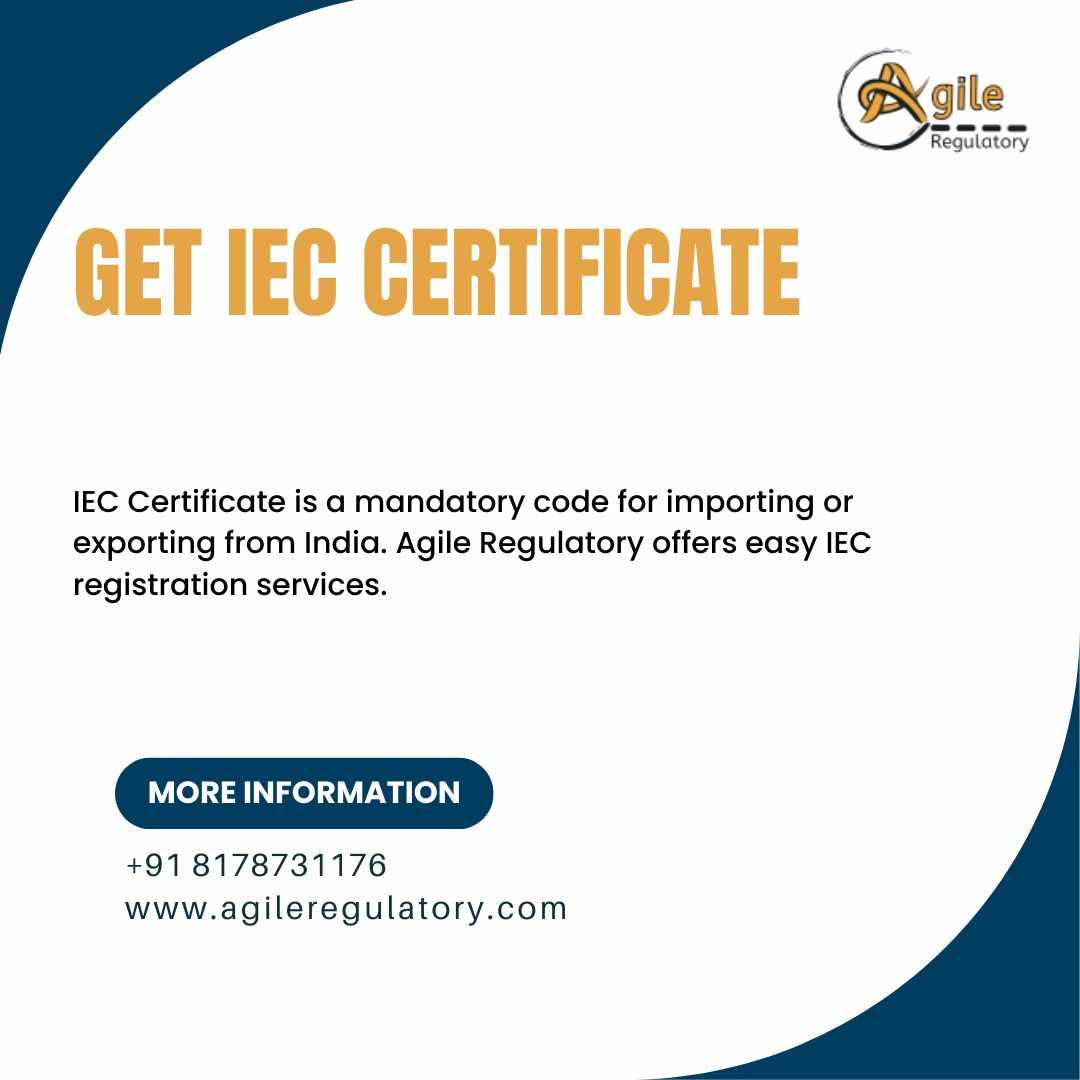
In today's highly competitive market, consumer preferences are rapidly shifting toward brands that demonstrate responsibility toward the environment. As climate concerns and sustainability awareness grow, consumer goods companies can no longer afford to ignore the environmental impact of their operations. Embracing green initiatives is not just an ethical choice—it’s a smart business strategy that significantly boosts brand reputation and long-term consumer loyalty.
Why Green Matters to Consumers
Modern consumers are more informed and conscious than ever before. They evaluate brands based on their environmental policies, packaging materials, and even supply chain practices. A Nielsen survey revealed that 73% of global consumers would change their consumption habits to reduce environmental impact. This shift in sentiment presents a huge opportunity for consumer goods companies to build stronger connections with their target audience by adopting sustainable practices.
From reducing plastic usage in packaging to switching to biodegradable raw materials, companies that integrate sustainability into their core values are likely to earn customer trust and positive word-of-mouth. In contrast, brands that ignore these changes risk reputational damage, consumer backlash, and ultimately, loss of market share.
Key Green Initiatives for Consumer Goods Brands
Several green strategies can enhance a company’s environmental profile:
Eco-Friendly Packaging: Switching to recyclable or compostable materials reduces landfill waste and appeals to eco-conscious consumers.
Sustainable Sourcing: Partnering with ethical suppliers who follow sustainable practices ensures that the supply chain aligns with environmental goals.
Energy Efficiency: Manufacturing facilities using renewable energy or optimized for energy efficiency reflect positively on a brand’s commitment to sustainability.
Carbon Offsetting: Companies can invest in carbon credits or reforestation projects to offset emissions, signaling their proactive stance on climate change.
Waste Management and Recycling: Implementing closed-loop systems or promoting product recycling programs can dramatically reduce a brand’s environmental footprint.
Each of these initiatives not only contributes to a healthier planet but also positions the brand as a leader in responsible business practices.
The Business Payoff
Sustainability isn’t just good for the Earth—it’s also good for business. Brands with a strong environmental reputation often enjoy increased customer loyalty, higher employee satisfaction, and better investor confidence. Furthermore, regulatory compliance and proactive sustainability planning can minimize the risk of legal penalties or market restrictions in the future.
With governments worldwide tightening environmental norms and introducing Extended Producer Responsibility (EPR) laws, it’s critical for companies to stay ahead of the curve. Transparency, accountability, and eco-certifications can serve as key differentiators in crowded marketplaces.
Partnering with Agile Regulatory
At Agile Regulatory, we specialize in helping consumer goods companies adopt green practices and meet regulatory requirements with confidence. Whether you need assistance with EPR Registration, eco-label certification, plastic waste compliance, or sustainable packaging regulations, our team provides expert guidance every step of the way. We work closely with businesses to align their operations with environmental goals while ensuring full legal compliance—boosting both brand reputation and operational efficiency. Let Agile Regulatory be your partner in building a greener, more trusted brand.





Write a comment ...